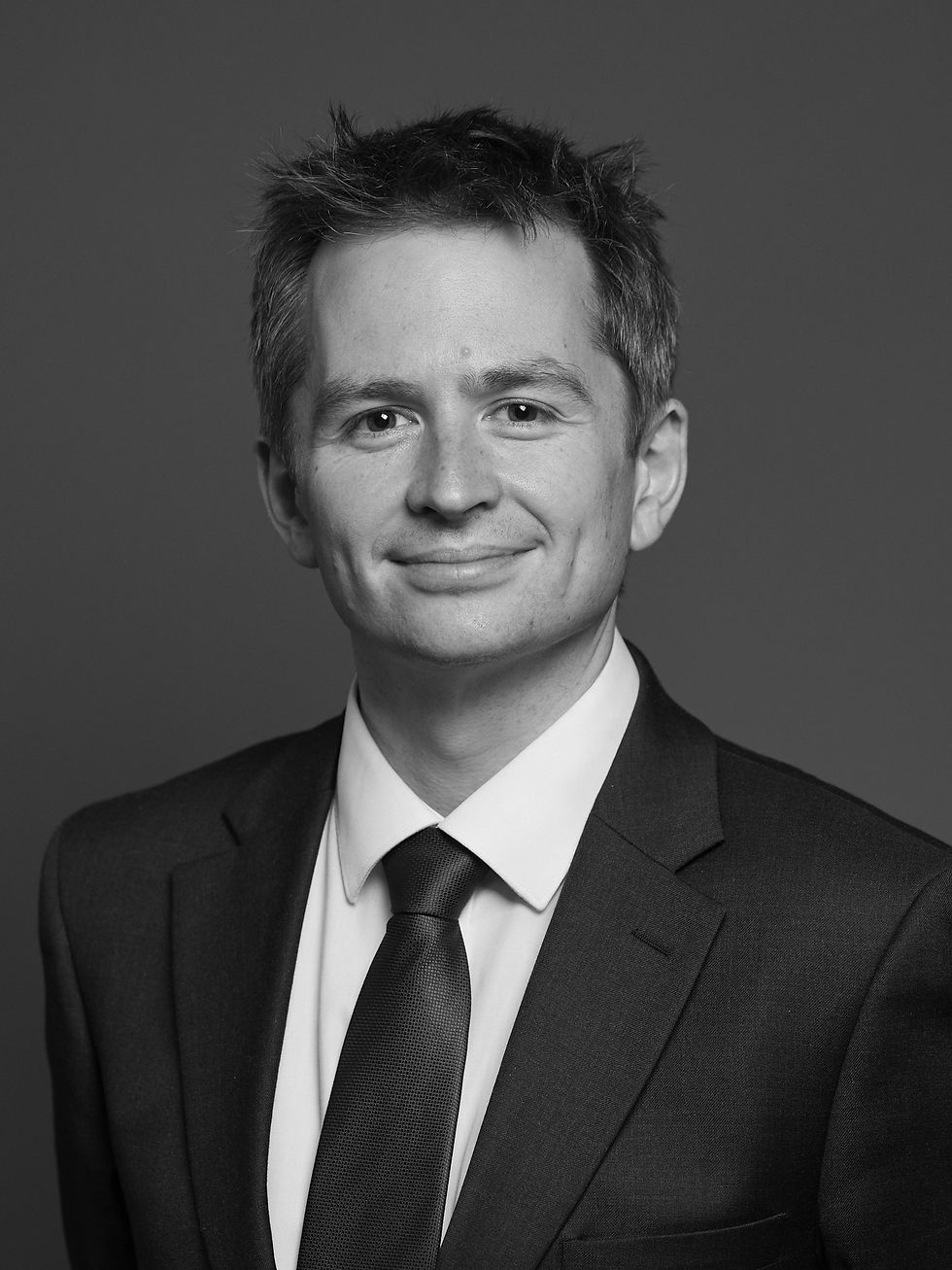Campaign for Mathematical Sciences commits £2.5 million funding to boosting university-level maths
- Connect PA
- Jun 24, 2025
- 2 min read
The Maths Degrees for the Future programme, launched by the Campaign for Mathematical Sciences (CaMS), today names five universities who will share a £2.5 million pot to create ‘next-gen’ degree designs that connect foundational mathematics to key applications in an increasingly AI and data driven world.
The five winning bids are from Cardiff University, King’s College London, Imperial College London, the University of Nottingham and The Open University, who were judged by an expert panel to have put forward innovative ideas which promise to unlock maths teaching for a wider audience and link the subject to the greatest challenges of our time.
Maths graduate numbers are forecast to drop by a fifth between 2030 and 2035, raising concerns of a growing skills gap in the very areas the UK is relying on for growth: AI, climate science, fintech, and national security.
The Maths Degrees for the Future programme is a strategic push to ensure maths remains at the heart of the UK’s future. CaMS is leading this effort to reimagine what a maths degree can offer in a rapidly changing world, with funding from XTX Markets, a major donor to maths education in the UK.
CaMS Chair Professor Jens Marklof commented: "Maths Degrees for the Future offers a vision and a pathway to providing the maths skills that the nation is going to need in the years and decades ahead.
“The projected fall in the number of maths graduates and the ongoing shortfall of specialist maths teachers are punctures in the pipeline of maths talent.
“So we decided to take action and help create a new generation of mathematics degree programmes. The campaign has been delighted by the large number and high standard of the submitted proposals. Our expert panel faced a tough choice! The five institutions receiving funding have put forward transformative ideas and we are excited to see how the programmes bed in and develop and to share their successes with the wider mathematical sciences community.”



